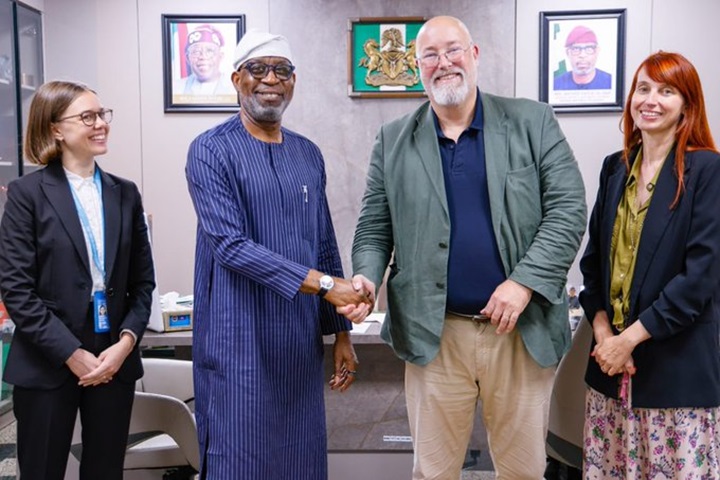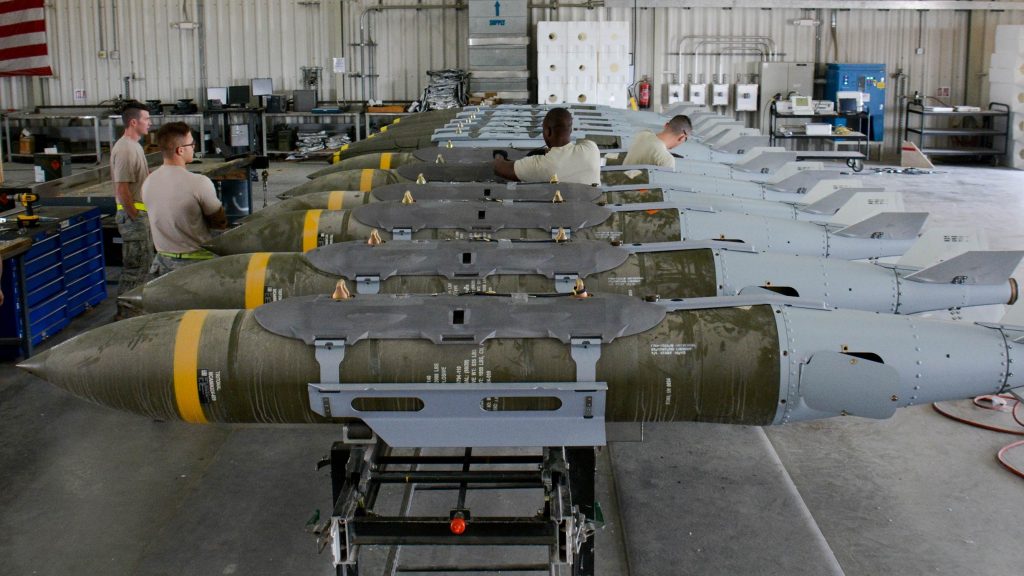Africa
Nigeria’s $110 billion food import: Adopt digital agriculture or face the bill

The Sasakawa Africa Association (SAA), has on Tuesday March 11, 2025, warned that Nigeria may spend a staggering $110 billion on food imports in 2025 if it doesn’t improve its digital agricultural services.
According to the News Agency of Nigeria (NAN), Dr Godwin Atser, SAA’s Director, said this on Tuesday in Abuja at the Annual Stakeholder Workshop, themed “Transforming the Agricultural Landscape through Digital Agricultural Extension and Advisory Services”.
Atser emphasized that extension and advisory services are crucial for agricultural transformation, as relying on food imports is unsustainable.
Atser urged stakeholders to intervene immediately to address gaps in Nigeria’s agricultural extension services and adopt a new approach.
He also noted that Nigeria’s agricultural extension system remains weak despite the availability of innovative solutions to transform the sector.
He said “In some states at the moment, there is no extension service at all, We have seen consistently that economies that make progress in agricultural transformation are those that place strong emphasis on technology transfer.”
Speaking on the workshop theme, Atser added that over 90 per cent of Nigeria’s population use mobile phones, with internet penetration growing rapidly across Africa.
He stressed the needs to utilize these opportunities to provide farmers with timely, high-quality information to improve their livelihoods.
“Harnessing the power of digital solutions will be a very good instrument that will help us succeed in our agricultural transformation.
“In today’s fast-changing world, digital solutions are revolutionising how we deliver our extension and advisory services.
“It entails bridging gaps, empowering stakeholders, and ensuring that critical knowledge reaches those who need it most, be it in agriculture, health, education, or business.
“Digital tools enable us to provide real-time, accessible, and data-driven support, ultimately enhancing decision-making and productivity.”
Atser also noted the increasing role of Artificial Intelligence (AI) in global agriculture, stating that AI-driven tools can predict various factors affecting the sector through computer-based analysis.
He emphasised that stakeholders must leverage digital tools to transform agriculture and importance of collaboration in improving agricultural productivity.
“The key to addressing the productivity challenge in agriculture and making digital solutions effective is collaboration,” Atser added.
For Diaspora Digital Media Updates click on Whatsapp, or Telegram. For eyewitness accounts/ reports/ articles, write to: citizenreports@diasporadigitalmedia.com. Follow us on X (Fomerly Twitter) or Facebook










